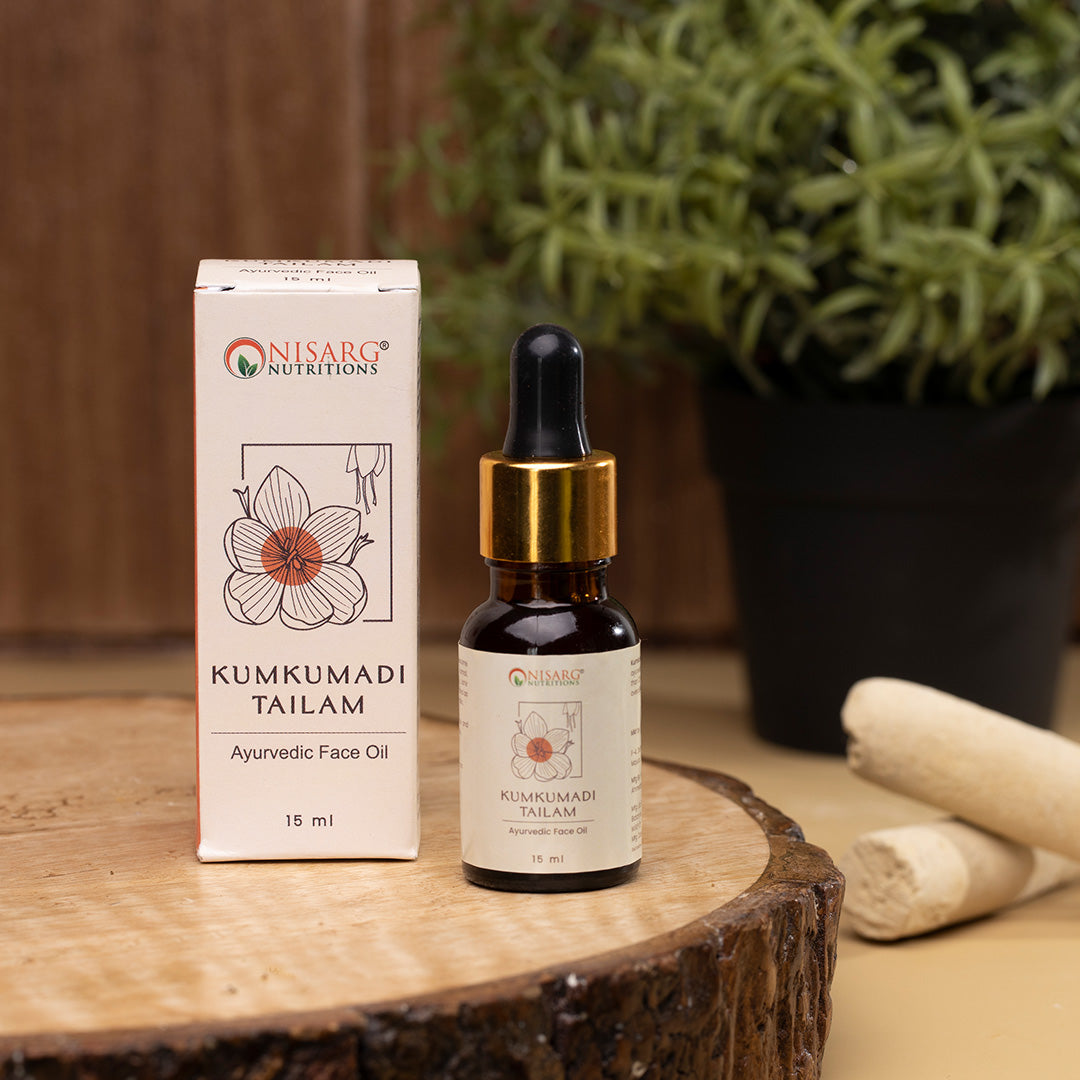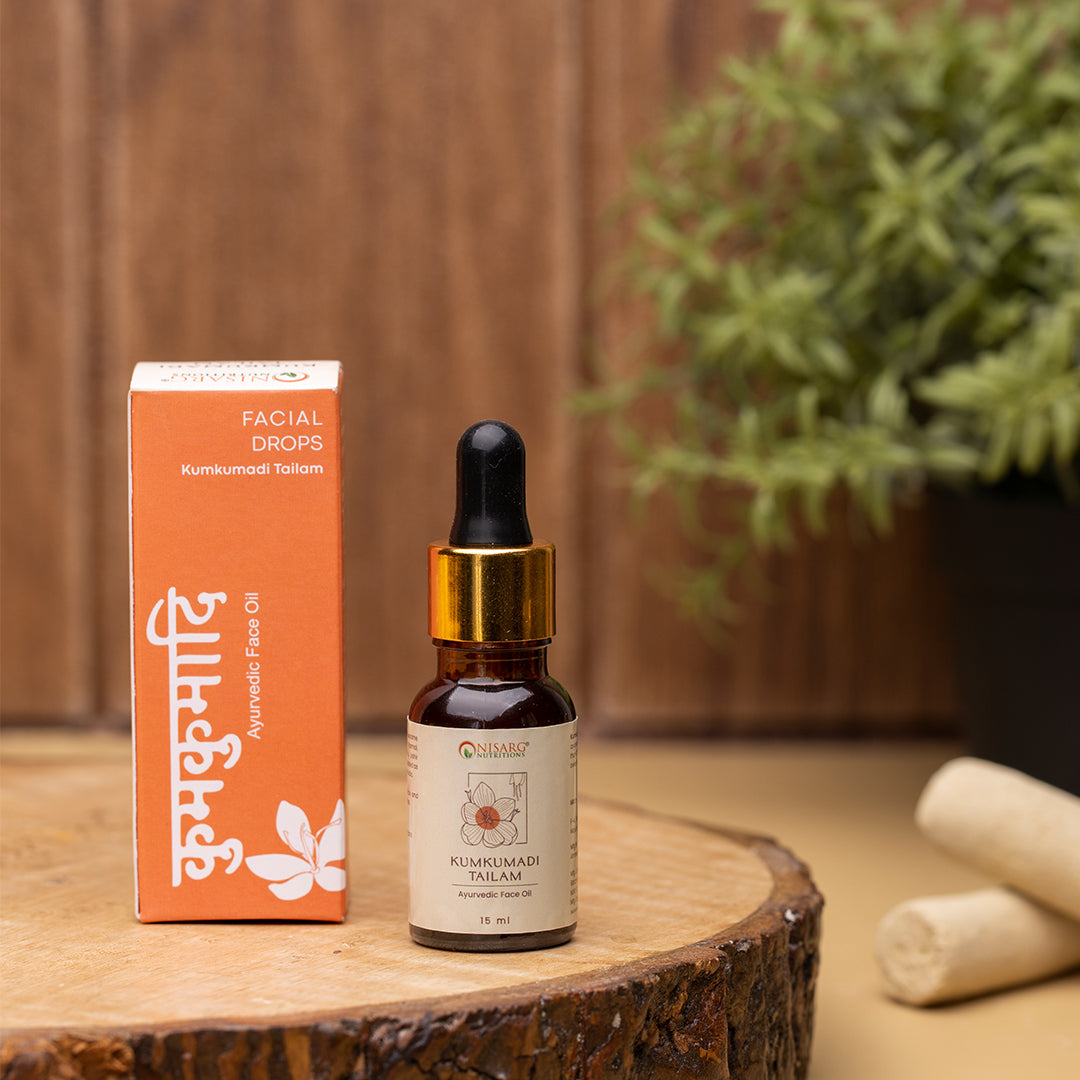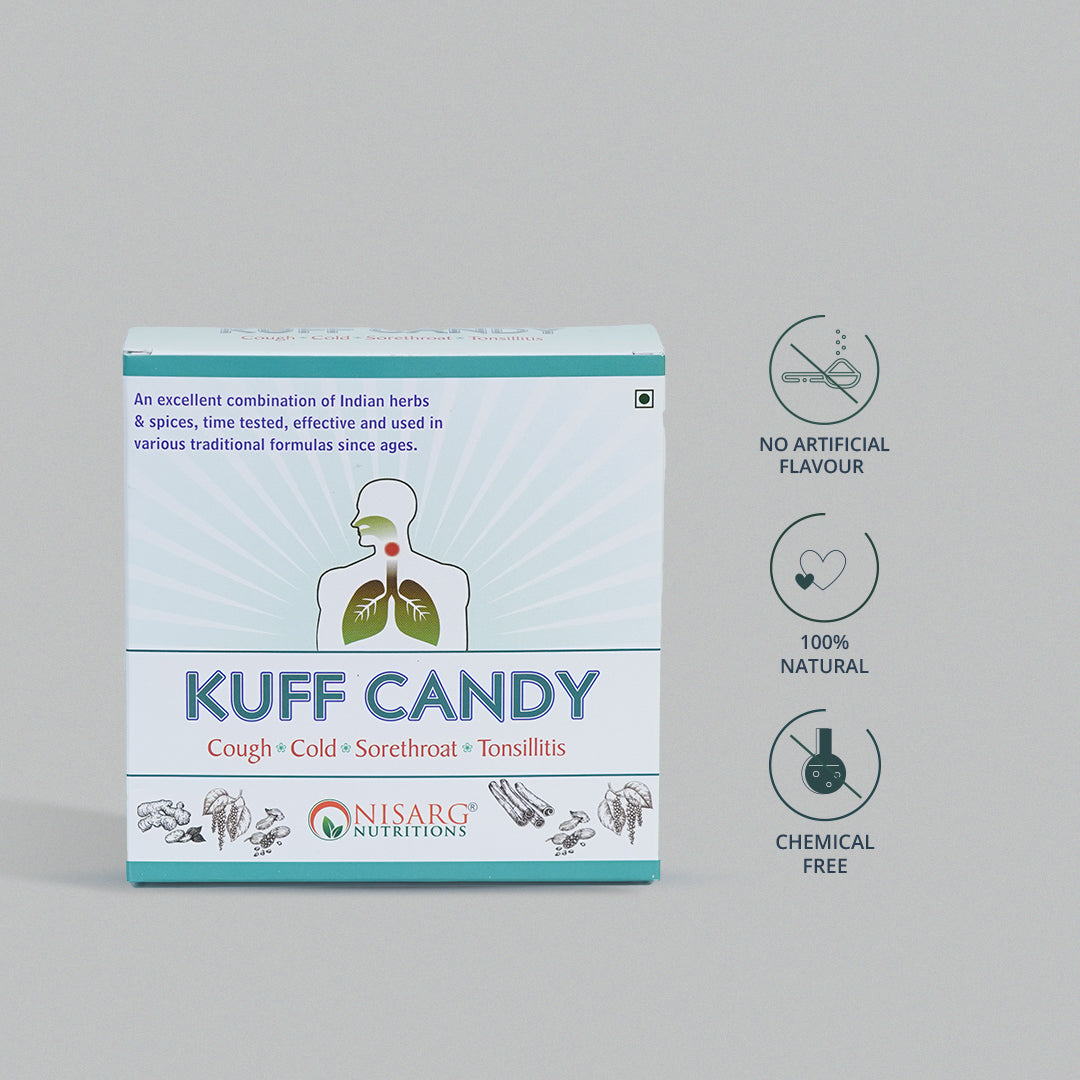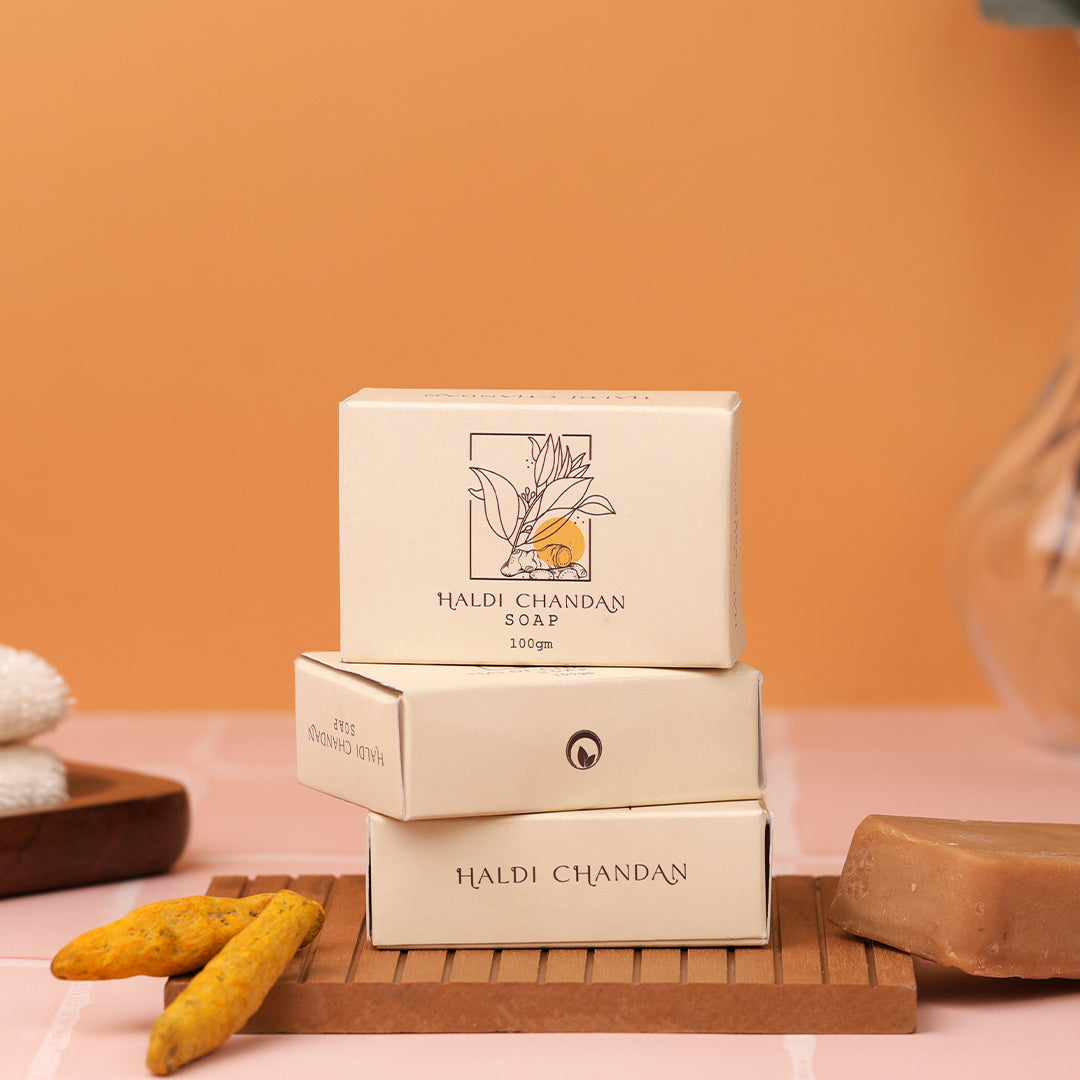Music is intricately interwoven into the fabric of humanity. The influence it has on us is not something that can be definitively quantified. Suffice it to say that humankind thrives off it. It directs our actions and emotions, and its influence on us as a race is far more reaching than any art form.
It is obvious that music has a transformative and unifying effect on people. But in recent times, there has been evidence that music contributes to better memory and cognitive skills. The reason behind this is that listening to music produces changes in the brain. Also, both activities can release a healthy dose of endorphins, the so-called ‘happiness hormone’.
Essentially, music activates the entire limbic system, which is involved in the processing of emotions and in controlling memory. It is so ingrained in our basic constitution that this holds true not just for adults but also for infants.
Haven’t we discovered the power of music on children when we find a tune that lulls our baby to sleep instantly? Or when a certain song repeatedly evokes squeals of toddler laughter? When rocking your baby in sync with the music and you may wonder what this means for your baby. Does exposing your baby to music and understanding the basics of how music works help with your baby’s cognitive development?

It is said that learning a language and learning the fundamentals of music are almost identical. From birth, typical babies quickly learn to tune into the voices of their parents—long before they understand any actual words. At this stage, the conversation is little more than patterns of rhythms and sounds that convey emotional meaning. In fact, even in the fetal stage, it is responsive to sound. Memory for auditory sequences, the ability to understand the order of sounds, develops early.
Evidently, it is in the first three years of life that a child is forming the brain connections that will lay the foundation for the speech/language, motor, and cognitive skills they will use for years to come. Music is a great way to help young children create these pathways, also called neural connections.
Music is not just about singing. It involves activities such as rhyming songs, finger rhymes, action rhymes, listening to music, playing with instruments, body percussion, poems, dancing, musical games and stories with music. In this way, music also drives neuroplasticity by pairing non-musical skills with music. This engages multiple systems of the brain and fosters communication between both hemispheres accelerating brain development, particularly in the areas of language acquisition and reading skills.
Here are our top reasons why music should be made a fixture in your baby’s upbringing.
1. Music increases toddlers’ sensory development

Infants experience a complex world in which sounds, lights and sensations vary constantly. Exposure to the right kind of music will help them explore and expand their interactions with their environment.
2. It can promote literacy and numeracy
Music helps them identify sound patterns and learn through repetition. In addition to that, music also helps children anticipate what is coming next in a poem or a song and they know how to put these patterns in a sequence. This boosts development.
3. It is a mood lifter and stabilizer

You can use music to set and regulate habits. Specific rhythms of music may be used to indicate play time, sleep time or different moments in your child’s daily schedule.
4. It helps toddlers build coordination
Music encourages children’s inclination to move, developing their fine motor skills and gross motor skills. This also helps with their muscle development, strength and balance.
Babies just love songs, rhythms and music and as seen above greatly benefit from a musical environment. Whether calming or energizing, raising your child in a creative, musical environment can still help them become a more well-rounded person as they learn and grow.
You might try incorporating tunes into the routine in the form of either playing an instrument for them or simply getting Alexa to play baby-friendly tunes.
Adding physical touch and movement to music time will only be additionally beneficial as a connection with different words, objects, and ideas will reinforce learning.






